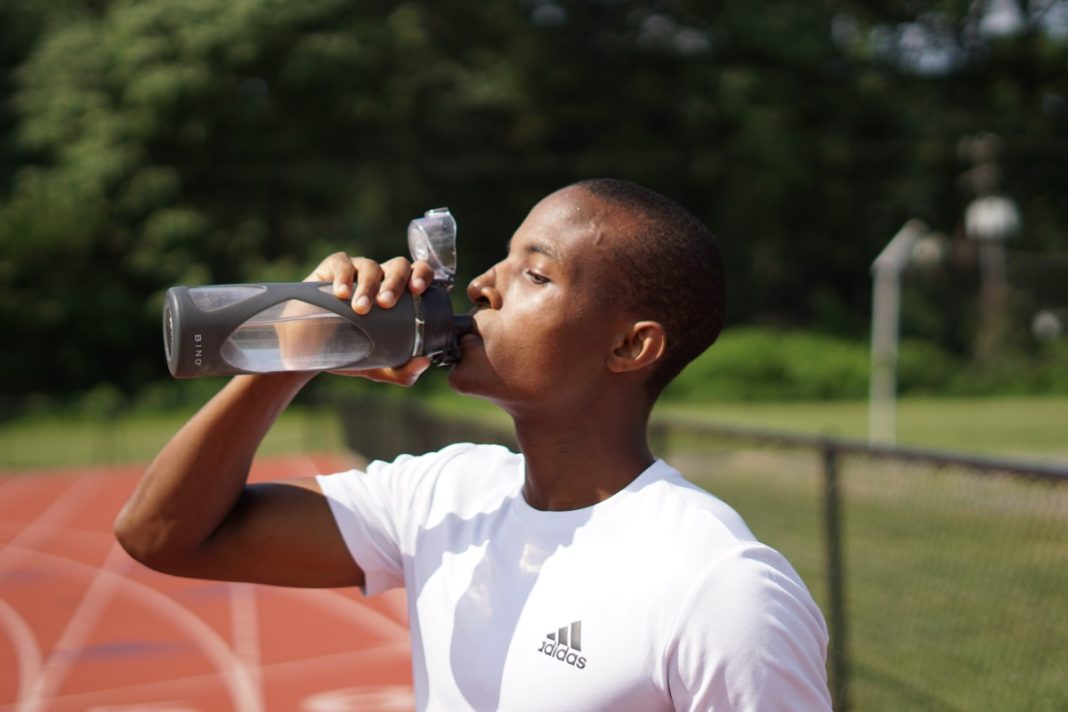Hydration is often seen as a simple matter of drinking enough water. However, achieving proper hydration goes beyond just replenishing water; it requires a careful balance of electrolytes—sodium, potassium, and chloride. These key electrolytes play a crucial role in maintaining fluid balance, supporting muscle function, and regulating nerve signals. The human body depends on their delicate equilibrium, particularly during physical exertion, illness, or dehydration. Let’s explore why these three electrolytes are so critical and how they support our health.
Sodium: The Essential Regulator
Sodium is one of the most important electrolytes for maintaining fluid balance. It regulates the movement of water in and out of cells, ensuring that the body’s tissues remain adequately hydrated. When we sweat, we lose sodium, which must be replenished to prevent imbalances that can lead to dehydration or, in severe cases, hyponatremia (low sodium levels in the blood).
Sodium also plays a key role in muscle contraction and nerve function. Without sufficient sodium, muscles can cramp or fail to respond properly, which is why athletes and individuals engaging in intense physical activity are often advised to consume sports drinks containing sodium. Research from the Mayo Clinic supports the idea that maintaining an optimal sodium level is essential not only for performance but for preventing heat-related illnesses like heat stroke .
However, too much sodium can be harmful, leading to high blood pressure and cardiovascular issues. The balance is key. According to the American Heart Association, the average adult should limit their sodium intake to about 1,500 to 2,300 milligrams per day to avoid these risks.
Potassium: The Balancer of Sodium
If sodium is the regulator, potassium is the balancer. Potassium works in opposition to sodium to maintain fluid balance and blood pressure. It helps the kidneys filter excess sodium from the body, which is why it is often recommended as a natural way to combat high blood pressure. According to research published in the American Journal of Physiology, potassium’s role in maintaining the correct sodium-to-potassium ratio is critical for cardiovascular health.
Beyond its balancing act with sodium, potassium is vital for muscle function and energy production. It helps transmit electrical signals in muscles and nerves, including the heart. A deficiency in potassium can lead to muscle weakness, fatigue, and irregular heart rhythms. Potassium-rich foods like bananas, spinach, and avocados are often recommended for individuals recovering from dehydration or suffering from muscle cramps due to potassium depletion.
Chloride: The Unsung Hero of Electrolyte Balance
Chloride is perhaps the least discussed of the major electrolytes, but it is no less important. Chloride helps maintain proper blood volume, blood pressure, and pH levels in the body. Working alongside sodium, chloride forms sodium chloride (salt), which plays a critical role in maintaining fluid balance. Chloride also helps in the production of stomach acid (HCl), essential for digestion and nutrient absorption.
Research in the Journal of Clinical Investigation has shown that chloride levels are often overlooked in clinical hydration strategies, yet maintaining chloride balance is essential for electrolyte homeostasis and overall health . Without adequate chloride, the body cannot maintain the necessary acid-base balance, leading to conditions like metabolic alkalosis, which can disrupt normal physiological functions.
The Consequences of Imbalance: Dehydration and Overhydration
Dehydration occurs when the body loses more fluids than it takes in, often accompanied by an imbalance in electrolytes. As water is lost through sweat, urination, or illness, the concentration of electrolytes can become imbalanced, leading to symptoms like fatigue, dizziness, confusion, and muscle cramps. Severe dehydration can even result in life-threatening conditions such as heat stroke or kidney failure.
On the other hand, overhydration, especially when water is consumed in large amounts without replenishing electrolytes, can lead to a condition called hyponatremia. This is when sodium levels in the blood become dangerously low, causing cells to swell. This is particularly dangerous for brain cells, leading to confusion, seizures, and, in extreme cases, death.
According to Dr. Tamara Hew-Butler, a leading expert in hydration physiology at Oakland University, “It’s not just about drinking more water; it’s about maintaining the right balance of fluids and electrolytes. Water without electrolytes can dilute the blood and result in dangerous imbalances.”
Hydration Strategies: Getting the Right Balance
Achieving optimal hydration requires more than just drinking water—it demands attention to the balance of sodium, potassium, and chloride. For individuals engaging in prolonged physical activity, sports drinks containing these electrolytes can help maintain that balance. However, for those following a normal daily routine, staying hydrated can often be as simple as consuming a well-balanced diet rich in fruits, vegetables, and whole grains, all of which provide natural sources of potassium and chloride, while being mindful of sodium intake.
It’s important to note that electrolyte needs vary by individual, depending on factors such as activity level, climate, and overall health. Consulting with a healthcare professional is advised for anyone dealing with chronic dehydration, kidney issues, or cardiovascular concerns, as electrolyte imbalances can have serious health implications.
Conclusion: The Vital Role of Electrolytes in Hydration
Sodium, potassium, and chloride are the unsung heroes of hydration, ensuring that the body maintains proper fluid balance, supports muscle and nerve function, and prevents dangerous imbalances. Whether you’re an athlete, recovering from illness, or simply trying to stay healthy, understanding the role of these electrolytes in hydration is crucial. By paying attention to electrolyte intake through a balanced diet and staying mindful of your body’s hydration needs, you can achieve optimal health and performance.
Electrolytes may be small, but their impact on our bodies is immense. Proper hydration is not just about water—it’s about getting the right balance of these essential minerals.







